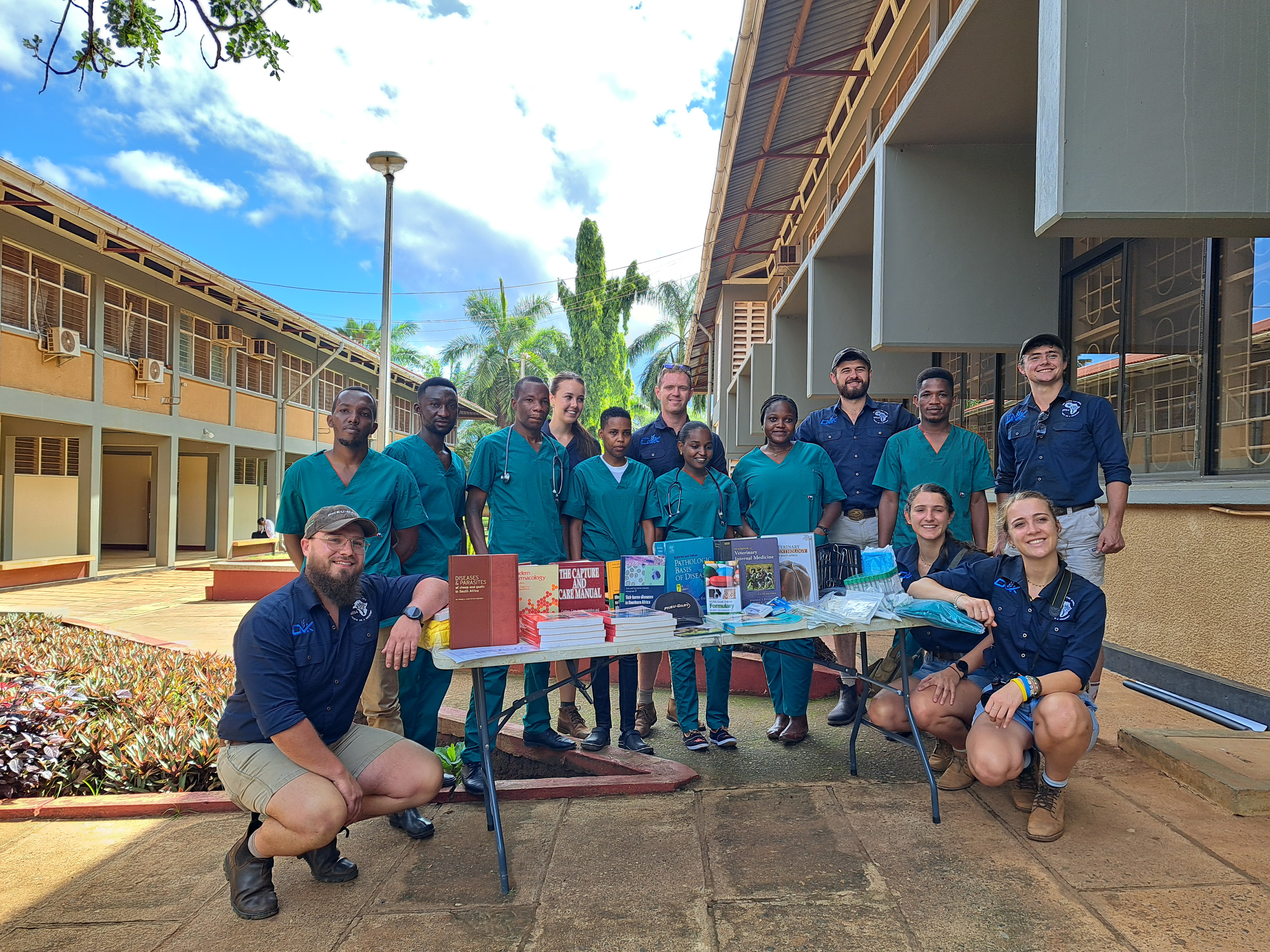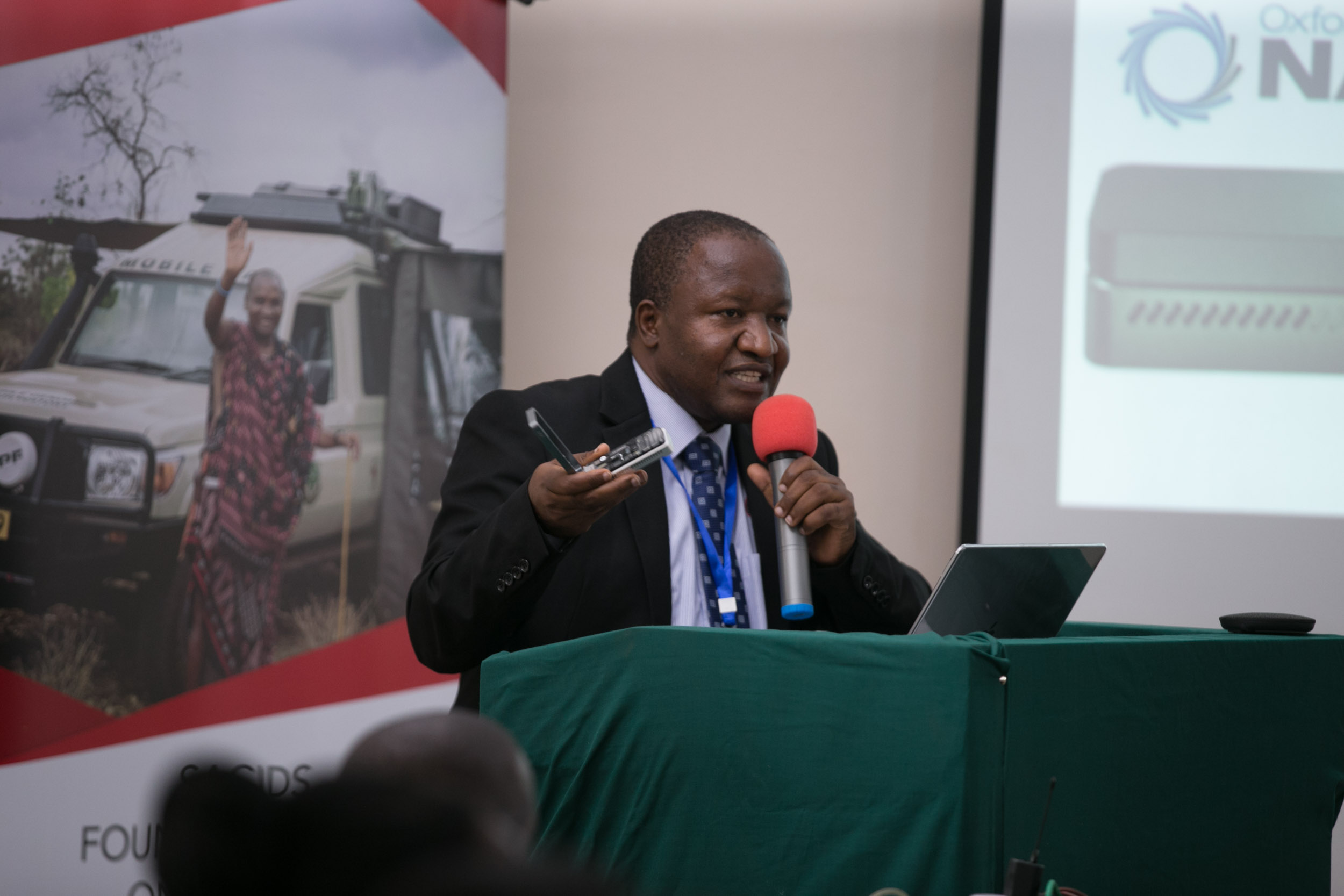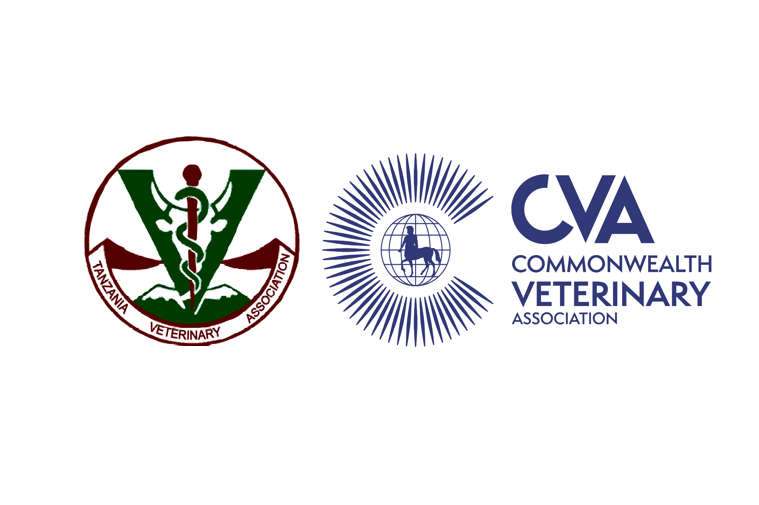SEMINAR ANNOUNCEMENT
TITLE:
HIGH-RESOLUTION MELTING ANALYSIS: APPLICATIONS IN WILDLIFE CRIME, PATHOGEN SURVEILLANCE AND VECTOR IDENTIFICATION
PRESENTERS
DR. LILLIAN WAMBUA, DR. JANDOUWE VILLINGER AND MR. DANIEL OUSO (ICIPE)
DATE: FRIDAY 15th DECEMBER, 2017
VENUE: CVMBS, VET 4
TIME: 14.00
The seminar targets students and researchers involved in Wildlife Conservation, animal, human and plant disease research.
YOU ARE ALL WELCOME
SUMMARY
The team of researchers from the International Centre of Insect Physiology and Ecology (icipe, Kenya) are in SUA for week-long laboratory training on the “Application of high-resolution melting (HRM) analysis in surveillance and forensic screening of illegal trade of bushmeat in Tanzania and Kenya”. The training is hosted by Prof. Benezeth Mutayoba and funded by USAID through a collaborative project, which involves several international partners, including icipe, SUA, the Kenya Wildlife Service (KWS), the National Museums of Kenya and the Smithsonian Institution (USA).
The research team is exploring a simpler, more rapid and cost-effective approach of identifying illegal trade of wildlife products such as bushmeat, to deter wildlife crimes which affect economies negatively by depleting valuable wildlife resources. At present, this entails analysing for differences in cytochrome oxidase 1 (CO1) gene DNA barcode sequences between vertebrate species. However, this process is laborious and costly for mass screening of suspect samples. The collaborative project has optimized HRM analysis of mitochondrial PCR amplicons to quickly pre-screen samples for bushmeat identification before forensic sequencing.
During this visit, the icipe team has introduced the capacity of HRM analysis based on the MIC-4 real-time PCR platform to the SUA partner. The capacity of HRM analysis for quickly differentiating DNA sequences extends to diverse applications. This seminar will also discuss how HRM analysis can be applied to pathogen surveillance and discovery, strain differentiation of animal, human and plant pathogens.
The seminar targets students and researchers involved in Wildlife Conservation, animal, human and plant disease research.



